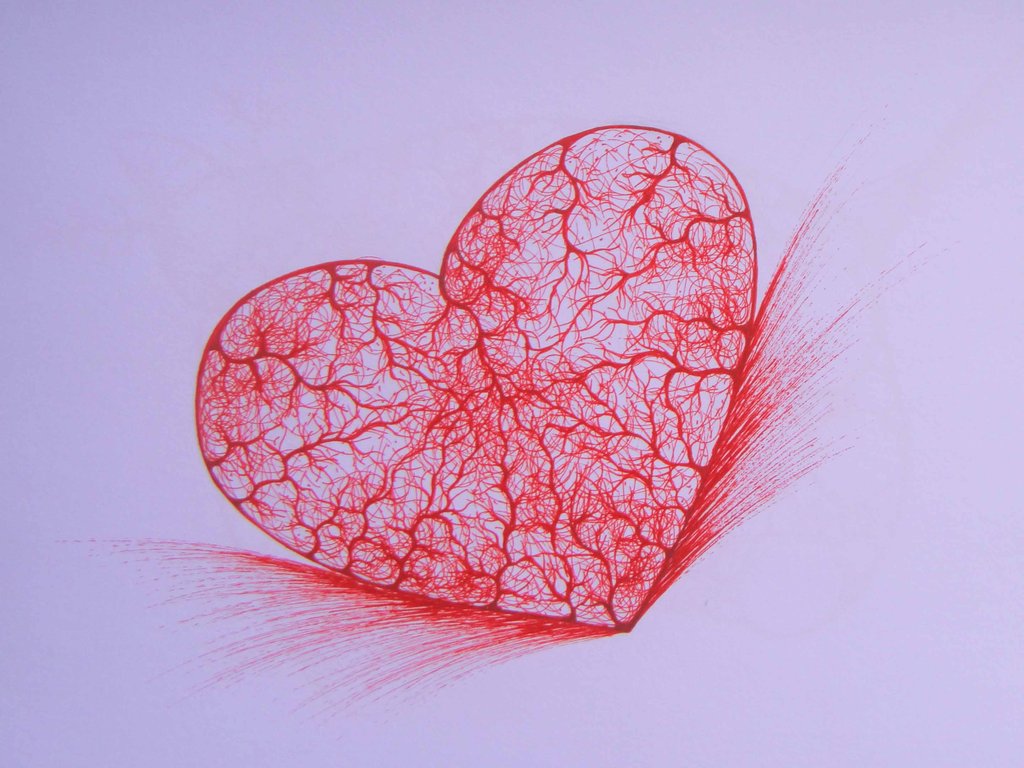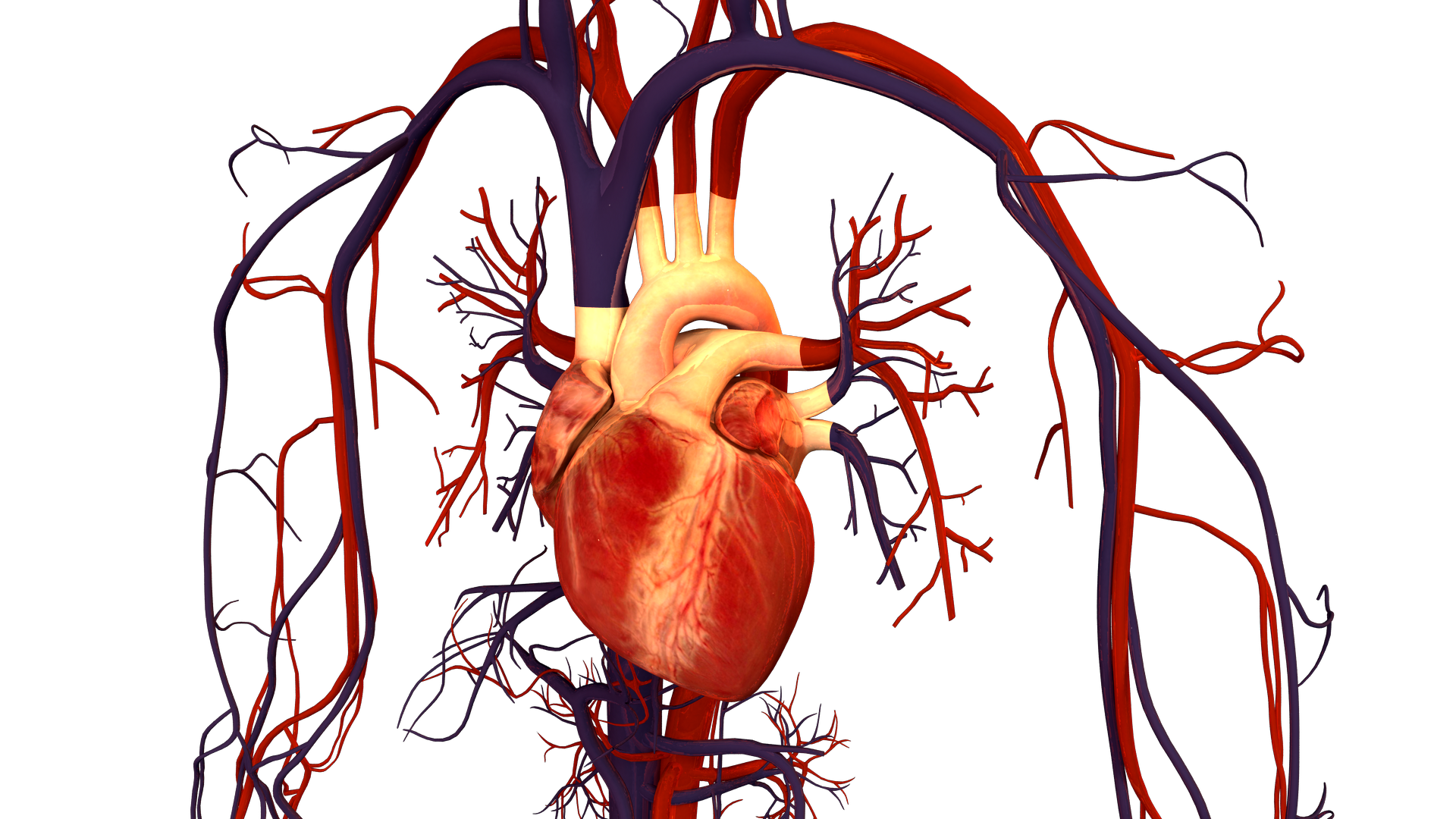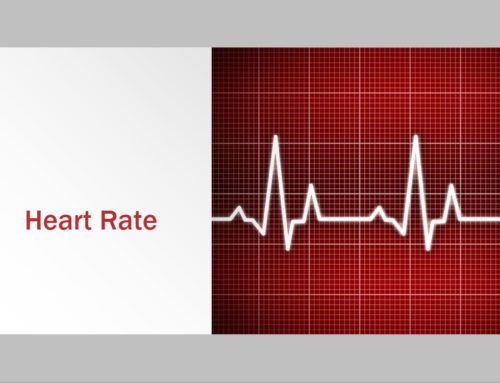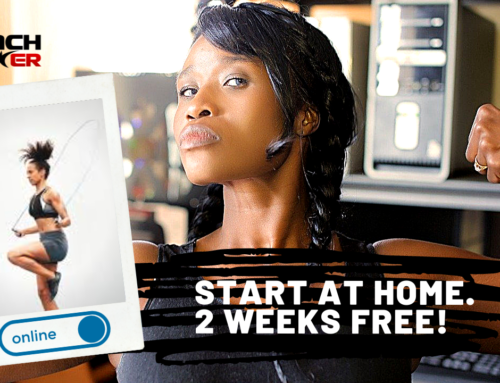What is the heart of an athlete?
“A runner must run with dreams in his heart, not money in his pocket”
“I’m an athlete- I go out there and fight my heart out”
“It’s not the size of a man, but the size of the heart that matters”
Have you ever given thought to what sayings like these truly mean when they refer to the heart? These are all quotes linking a physical component of athleticism with what seems to be an abstract concept of the heart.
What if I told you that you literally can dream with your heart, win from the heart, and grow the energy of your heart?
Powerful research is uncovering greater truths about the role our heart has in our lives and overall health. This research goes way beyond the more common facts (Web MD) known about the heart which include:
- Every day, your heart beats about 100,000 times, sending 2,000 gallons of blood surging through your body.
- Your heart keeps blood flowing through the 60,000 miles of blood vessels that feed your organs and tissues. Any damage to the heart or its valves can reduce that pumping power, forcing the heart to work harder just to keep up with the body’s demand for blood.
- The heart pumps approximately 1 million barrels of blood during an average lifetime.
- The heart pumps blood to 75 Trillion Cells (All except the Cornea).
- A man’s heart weighs about 10 ounces, while a woman’s heart weighs approximately 8 ounces.
These facts about the heart are truly astounding-don’t get me wrong. However, when I stumbled upon the additional information about the heart from researchers like Gregg Braden and the HeartMath Institute, I just had to write about it.
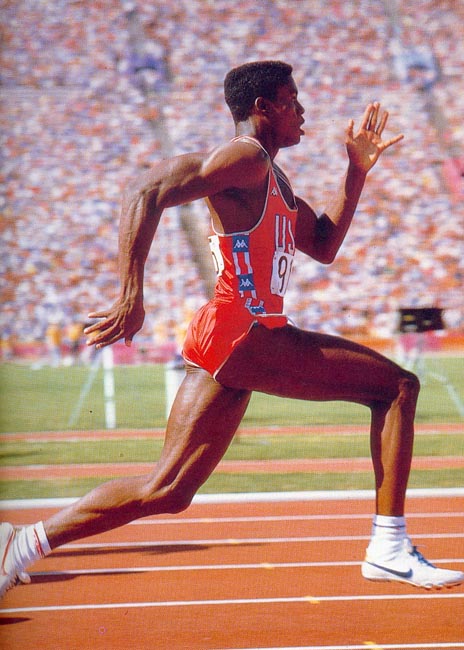
HeartMath research has recorded the heart to be approximately 60 times greater electrically and up to 5,000 times stronger magnetically than the brain. This awareness places the brain relatively weak in comparison to the heart. Not only is the brain an intelligent system, but the heart is as well. Their studies indicate how the heart sends more information to the brain than vice versa. This research has led to breakthroughs about the link between the heart and emotions, which reveals the heart’s electromagnetic field that changes according to emotional states.
HeartMath concludes when your heart and brain are working together, the better you will feel. When you have feelings of negativity, this causes your brain and heart to become incongruent.
Okay- what does this have to do with being an athlete and/or exercise? I’m assuming people have various reasons for why they work out. For those who link working out with a negative self-image, I believe incorporating the ideas from this research would be very beneficial. Rather than people being hard on themselves during work outs, they would have the mindset of wanting to be fit because they love and respect their body.
For athletes who are super competitive and are “thinkers”, this can also have benefits. If they get in their minds that they have to win OR they are losers if they don’t win, living from their heart space could reverse this mind set.
In my opinion, these athletes listed here are examples of going beyond that which is just physical and mental.
- Lasse Viren-Fell in the Olympic 10,000m final only to get up and win gold in a world record time. Munich, 31 August 1972
- Carl Lewis – Became one of three Olympians to win the same event four times on his third and final long jump.
- Kerri Strug– Became a National hero after spraining her ankle and then still vaulting to help the American women’s gymnastics team win their first ever all -around gold medal.
I think we can agree that these athletes performed with their entire heart and soul for them to make the comebacks that they did.
If you can learn how to harness the power of your heart, it will help you not only in your daily workouts, but your overall health. Garner the heart of an athlete. This post is just scratching the surface, but here are two resources to learn more:
Have thoughts you would like to share or questions about the energy of the heart? Please leave in the comments below.

